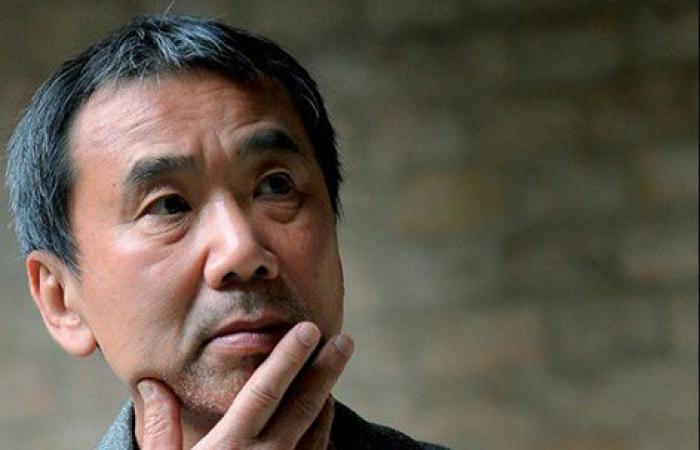The fifteenth novel ofHaruki Murakami, The City of Uncertain Wallsappears this Thursday, January 2. More than a year and a half of work was necessary for its translation.
Published in Japanese in April 2023, it is translated, for Belfond editions, by Helene Moritaa regular of the author, of whom she has translated ten of his other works.
“I worked there for more than a year and a half, notably in collaboration with a Japanese friend who lives in France, which I don't always do. For longer Books, it's nice to have someone to engage with. Because it’s a bit of a mountain”she tells AFP.
Haruki Murakamia star of world literature at 75, does not interact with his translators, except in the United States, the country where he resided for a long time. Helene Morita never met him and never had an address to write to him.
Additions difficult to translate
“He protects himself”according to the French translator. “On the one hand, it's regrettable because there are questions that will remain unanswered, on the other, we feel free. I can be sure that he will never blame me for my choices! »
The City of Uncertain Walls (550 pages in French) is one of the novels of Murakami least well received by foreign critics.
The Guardianin its review at the end of November, pastiched a guilty pleasure of the author, telling the same scene twice. THE New York Times titled: “The new novel of Haruki Murakami doesn't feel so new”.
In accordance with the wishes of the author's agents, Belfond editions do not communicate on the print run. In the afterword, the novelist says that the title and theme were first those of a short story published in 1980, which cannot be found today, and which “did not find the fulfillment she deserved”.
-Developed in 150 pages, he felt a taste of unfinished business in his plot and added second and third parts. These are the ones that caused the most difficulty for the translator.
From English to Japanese
“There are fantastic passages, which transport us without warning from reality to the imaginary. It can be unsettling for the reader. It’s for the translator”she said. “Where are we? And who is speaking? There is a continuous swing between past and present in the novel, which comes across more easily in Japanese. But who gets in the way in French? I tried to respect this swing, smoothing it out from time to time”.
Hélène Morita also translates 20th century classicse century, including his favorite, the poet Kenji Miyazawaor the novelists Yasunari Kawabata (Nobel Prize 1968, whose texts wielding the art of suggestion evoke impermanence, beauty or solitude) and Natsume Sōseki. She remembers being disoriented at first by the style of Murakami.
“I found his language a little strange, saying to myself: hey, it looks like Japanese translated from a foreign language! And I discovered that he didn't like his very first attempts at fiction, in classic Japanese, so they had translated them into English and then translated them back.”tell Helene Morita.
The writer no longer uses this artifice, she explains. “But it seems to me that the more he writes, he does not return to the aesthetics of a Kawabata but the deeper he digs into Japanese aesthetics”. And gives more room to melancholy, less to contemporary unease.
According to Belfond editions joined by Weekly BooksHaruki Murakami's books have sold 5 million copies in France (all formats combined: large format, digital, pocket, audio, clubs).






